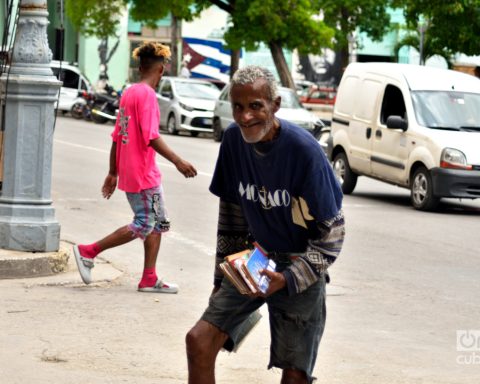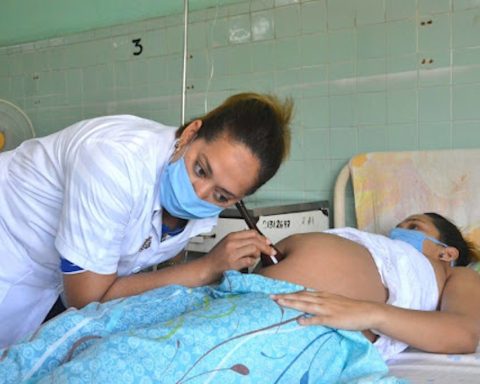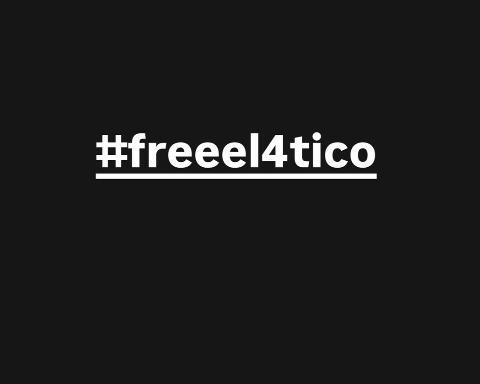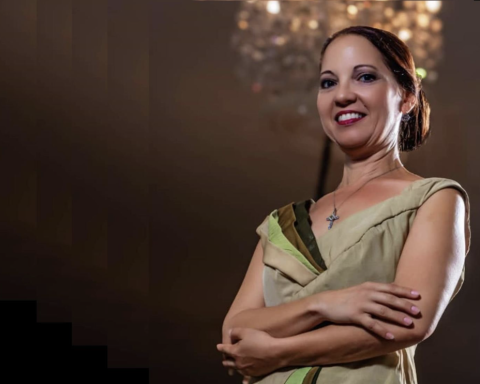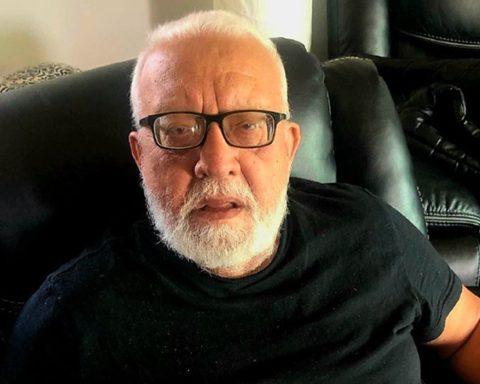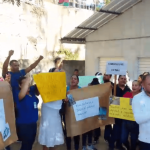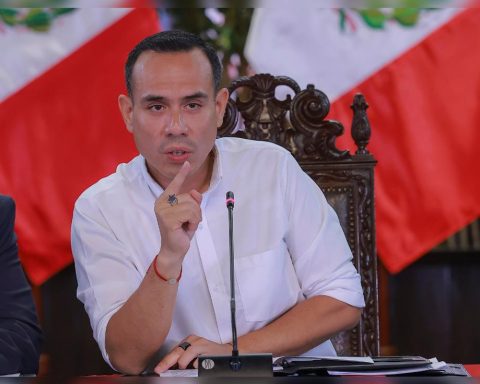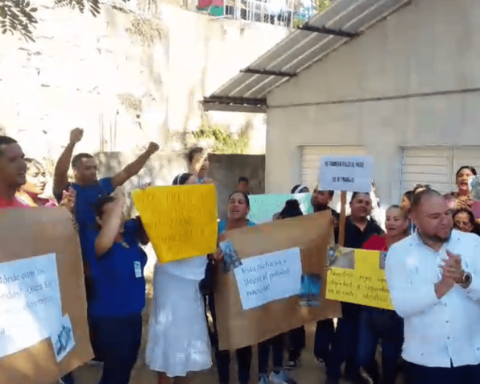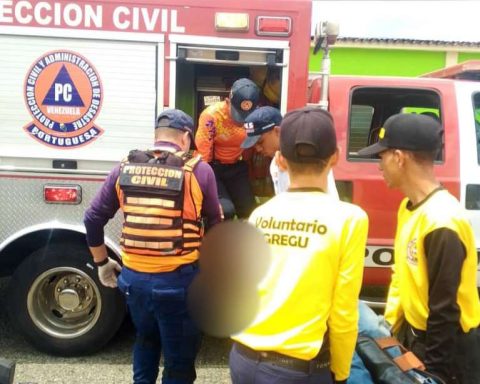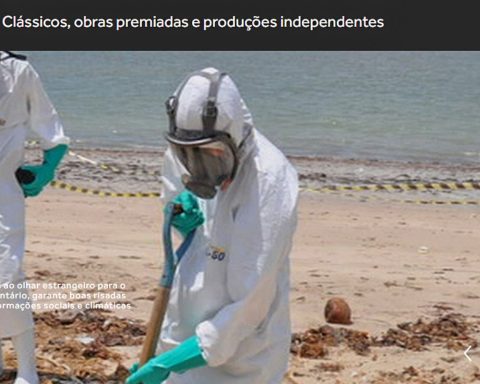MIAMI, United States. – The fundraising campaign launched last Monday to support the independent Cuban journalist Tania Díaz Castro, 84, totaled just over 600 euros this Wednesday morning.
Díaz Castro, pioneer of independent Cuban journalism and collaborator of CubaNet For years, she lives alone with her pets in the El Roble neighborhood, in Santa Fe, a coastal town northwest of Havana.
After more than two decades dedicated to independent journalism, Díaz Castro has no way to survive financially. Dissenting in Cuba, opposing Fidel Castro and working as a chronicler outside of official propaganda condemned her to not even have a precarious pension, despite the fact that she worked her entire life as a screenwriter, writer and journalist.
To help the Cuban journalist, the Casa Palanca collective organized a fundraising in which any interested person can collaborate. Those who join the initiative will receive a copy of a chronicle book by the author, while the amount raised will be given to Díaz Castro, a woman who has confessed that his greatest wish is that after his death no one speculates that he worked for State Security.
Tania Díaz Castro, poet, journalist and political prisoner
In addition to being a journalist, Tania Díaz Castro has also been a poet. She was the founder of the Union of Writers and Artists of Cuba (UNEAC) and of the Union of Journalists of Cuba (UPEC). Starting in 1964, she worked as a reporter for national magazines and newspapers. In 1977 she was already a well-known radio scriptwriter.
At the same time, Díaz Castro began to question Fidel’s regime and oppose him.
In October 1987, a small group that included her began sending messages to the embassies based in Havana about the human rights violations committed by the communist government. These materials were then published abroad.
In February 1988, that same group from the Cuban Committee for Human Rights presented testimonies before a Commission that the UN sent to Cuba to investigate compliance with the Universal Declaration of Human Rights. Díaz Castro was in charge of explaining why there was no freedom of expression or of the press in Cuba.
Facing the regime head-on earned her companions exile and her jail. However, her political prison did not silence her. In 1998 she began to collaborate with CubaNet. In this journal you can find hundreds of his texts published from the late 1990s to 2022.
In recent interviewsthe journalist has recounted that the most difficult thing for her was not even the harassment or jail, but growing old and feeling how her body resists performing simple tasks.
